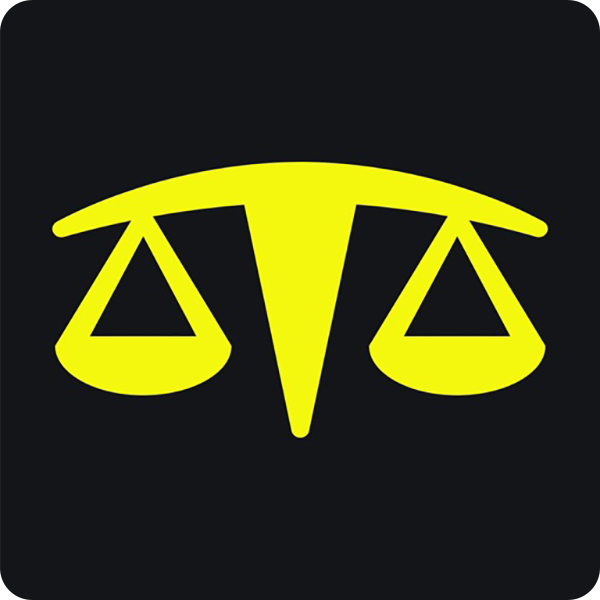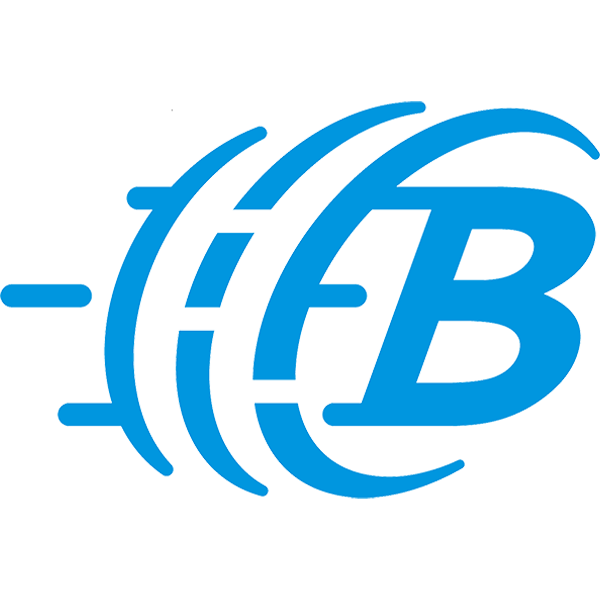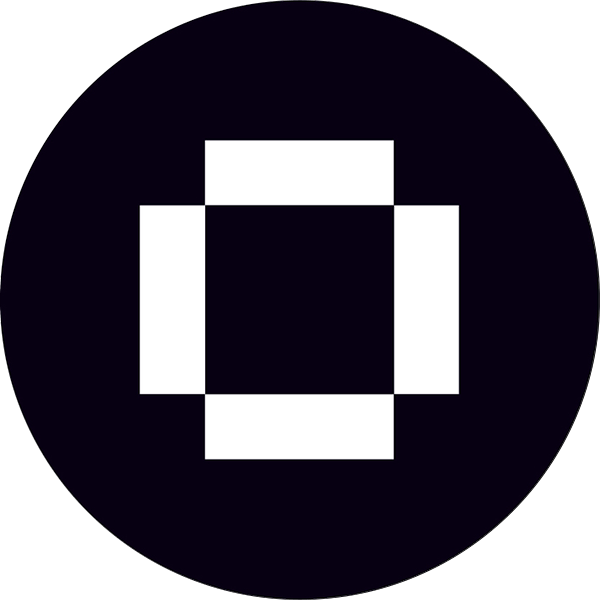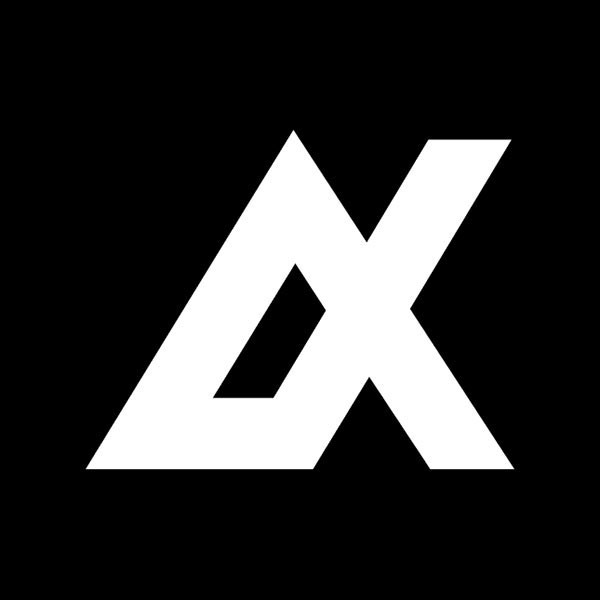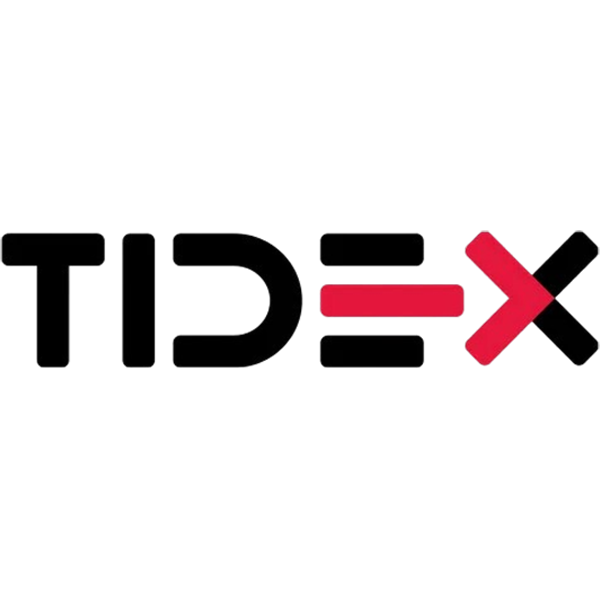🏢 Company Profile and Background
Gravis Finance is a US-registered decentralized finance (DeFi) project focused on building multi-chain decentralized exchanges (DEXs), cross-chain bridges, liquidity mining, NFT mining, and basic income tools, incorporating gamification elements to increase user engagement. Its core mission is to provide users with additional revenue opportunities through simplified blockchain tools, while creating an integrated DeFi ecosystem that gives users access to multiple financial applications on a single platform. With "Gamified DeFi" at its core, Gravis Finance attracts users through NFTs and incentives, especially for crypto enthusiasts and retail investors in emerging markets.
Founded in 2021 by an anonymous team and registered in New York, Gravis Finance operates in a highly decentralized operating model with an emphasis on community governance and token economy. Its main products include Evervoid games, cross-chain DEXs and NFT mining platforms, running on multiple blockchains such as Polygon, BSC, and Solana. The platform drives the ecosystem through the GRVX token, aiming to lower the barrier to entry for DeFi through gamification and financial innovation to serve users around the world.
📋 Basic information
Full name and abbreviation: The full name is Gravis Finance Inc., abbreviated as Gravis Finance.
Founded: June 1, 2021.
Country of registration: United States.
Registered capital: The public information does not disclose the specific amount of registered capital, and it is only known that it is registered in the form of a limited liability company (LLC).
English headquarters address: New York, NY, United States (the specific street address is not disclosed, the official website shows that the operation center is in New York).
Operational Status: As of 2025, Gravis Finance is in active operation, Twitter and Discord remain active, and the platform functions are functioning normally.
Company nature: private enterprise, registered as a limited liability company (LLC).
Sub-parent company: There is no publicly disclosed parent company or subsidiary information, and Gravis Finance operates as a separate entity.
👨 💼 Key executive backgrounds
Gravis Finance's team chose to operate anonymously, in line with the practice of many DeFi projects, without publicly disclosing the names or detailed backgrounds of specific executives. According to the official website and whitepaper, the following is an overview of the team's roles:
Project Leader (anonymous): Responsible for strategic planning and ecosystem development, has experience in blockchain technology and DeFi protocol design, and leads the implementation of GRVX token economics and cross-chain technology.
CTO (Anonymous): Focused on the development of multi-chain DEXs, cross-chain bridges, and NFT smart contracts, with development expertise in Ethereum, Polygon, and Solana blockchains.
Head of Community & Marketing (Anonymity): Manages social media such as Twitter (@gammarosigma), Discord, and Facebook (GravisFinance) to drive community engagement for gamified NFTs.
🤝 Advisory Team
Gravis Finance does not publicly disclose formal advisory team information, but its partners and community contributors may play a similar role as advisors:
blockchain technology experts: Collaborate with the developer communities of Polygon and Solana to optimize cross-chain bridges and DEX performance.
Gamification Design Consultant: Assist in the design of Evervoid games and NFT mining mechanisms, possibly from the blockchain game industry.
DeFi Protocol Advisors: Provide advice on liquidity mining and automated mining strategies to ensure the economic sustainability of the protocol.
📊 Shareholding Structure and Shareholders
Gravis Finance is a limited liability company and its shareholding structure is not publicly disclosed. As a DeFi project, its fundraising is mainly done through initial DEX offerings (IDOs) and token sales. According to the whitepaper and CoinMarketCap data, the GRVX token distribution is as follows:
Community & Liquidity: 50% for mining rewards and DEX liquidity.
Team: 20%, locked for 12 months, released over 36 months.
Seed & IDO: 15% to attract early-stage investors.
Ecological development: 10% for game development and cross-chain expansion.
Reserves: 5% for operations and contingencies.
🏦 Enterprise Classification
Gravis Finance belongs to the following industry classifications:
Decentralized Finance (DeFi): provides multi-chain DEXs, cross-chain bridges, and liquidity mining services.
Blockchain technology: based on Polygon, BSC, Solana and other multi-chain operation, integrating smart contracts and NFTs.
GameFi: Integrating entertainment and finance through Evervoid games and NFT mining.
📈 market segment
Gravis Finance is positioned in the global DeFi and GameFi markets, mainly serving
retail investors: crypto users seeking liquidity mining, NFT mining, and basic income.
Blockchain Gamers: Players who participate in Evervoid games and NFT collections.
Developers and project parties: Blockchain projects that need cross-chain bridges and DEX services.
Emerging markets: Engage users in Asia, Africa, and Latin America with low-barrier gamification DeFi.
Its competitors include DeFi and GameFi platforms such as Uniswap, PancakeSwap, Axie Infinity, and The Sandbox.
🛠️
service
Gravis Finance provides the following core services:
Multi-chain decentralized exchange (DEX): supports token swaps on Polygon, BSC, Solana and other chains, with transaction fees as low as 0.3%.
Cross-chain bridges: Enable asset transfers between different blockchains, such as Ethereum to Polygon.
Liquidity Mining: Users provide liquidity to earn GRVX rewards, supporting both traditional and automated mining.
NFT Mining: Participate in gamified mining by minting and trading NFTs through the Evervoid game.
Basic Income Tools: Provide users with stable token income through mining and task rewards.
Evervoid Games: Blockchain strategy game that integrates NFT and GRVX economy.
⚖️ Regulatory Information
As a decentralized finance project, Gravis Finance is not directly supervised by traditional financial regulators, but is subject to US and international blockchain-related regulations:
regulators: U.S. Securities and Exchange Commission (SEC) and U.S. Treasury Financial Crimes Enforcement Network (FinCEN).
Regulatory License Number: No specific financial services license number, the company is registered in New York, USA with a limited liability company registration number (undisclosed), in accordance with the U.S. Corporation Act.
Regulatory Effective Date: In June 2021, the company was subject to the U.S. Anti-Money Laundering Act (BSA) and the SEC's token issuance guidance at the time of registration.
Compliance requirements: Perform KYC (Know Your Customer) and AML (Anti-Money Laundering) procedures, monitor on-chain transactions through third-party services (e.g., Chainalysis), and restrict user participation in high-risk countries (e.g., North Korea, Iran).
💹 Trading Products
Gravis Finance's trading products are based on DeFi and GameFi:
token swap: supports the trading of GRVX, ETH, USDT and other token pairs through a multi-chain DEX, with a fee of 0.3%.
Liquidity Mining: Users deposit token pairs (such as GRVX/USDT) to receive rewards, and the APY is dynamically adjusted.
NFT Trading: Evervoid in-game NFTs can be minted and traded on the platform marketplace and represent in-game assets or rewards.
Cross-chain asset transfer: Enables the flow of assets between multiple chains, such as BSC to Solana, through cross-chain bridges.
Gamification Rewards: Complete in-game tasks or mine to earn GRVX and NFTs.
💻 Trading software
Gravis Finance's trading and services are available through the following platforms:
Web platform: https://gravis.finance-based DEX and NFT marketplace, Wallet connections (e.g. MetaMask) and transactions are supported.
Evervoid Game Client: A standalone blockchain game that integrates NFT mining and GRVX rewards, running on PC and mobile.
Mobile app: Plans to launch iOS and Android apps with support for DEX and gaming features (not fully launched by 2025).
Technical foundation: Based on Polygon, BSC, Solana blockchain, Uniswap V3 protocol is used to optimize DEX, and smart contracts have passed Certik audit.
💸 Deposit and withdrawal methods
Gravis Finance's deposits and withdrawals are mainly based on cryptocurrencies and do not support fiat currencies:
deposit: Users connect to DEX through wallets such as MetaMask to deposit GRVX, ETH, USDT and other assets, no platform fees, only need to pay network gas fees.
Withdrawal: Withdraw assets to the wallet address through smart contracts, KYC verification is required (some functions), no platform fees, only gas fees are deducted.
Process: Deposits arrive instantly (blockchain confirmation required), withdrawals are settled in real-time via smart contracts, and are usually completed in seconds to minutes.
>
📞 customer support
Gravis Finance's customer support is community-driven, with channels including:
email: contact via the official website support form or [email protected], 24/7 response.
Community Support: Provide real-time communication and answers to questions via Twitter (@gammarosigma), Discord, and Telegram.
Help Center: The official website provides guides on DEX usage, NFT mining, and gaming.
Developer support: Provide cross-chain bridges and API documentation for project parties.
🔑 Core Business & Services
Gravis Finance's core business focuses on:
Multi-chain DeFi: providing low-cost, high-efficiency token swaps and asset transfers through DEXs and cross-chain bridges.
Gamified Finance: Evervoid games and NFT mining integrate entertainment and revenue to attract non-traditional crypto users.
Liquidity Mining: Traditional and automated mining provides users with stable rewards and enhanced liquidity.
Basic Income: Generate additional income for users through tasks and mining rewards, lowering the DeFi threshold.
🖥️ Technical Infrastructure
Gravis Finance's technical infrastructure includes:
blockchain platform: runs on Polygon, BSC, Solana, and uses Layer-2 technology to reduce gas fees.
Smart contracts: Developed based on Solidity, audited by Certik and Hack auditors to ensure security.
Decentralized storage: NFT metadata is stored in IPFS to enhance data durability.
Data encryption: 256-bit encryption protects user interactions and complies with GDPR requirements.
Cloud services: Use AWS or Cloudflare to support front-end and API high availability.
🛡️ Compliance & Risk Control System
Compliance Measures:
comply with the U.S. Anti-Money Laundering Act (BSA) and SEC token issuance guidelines, and implement KYC/AML procedures.
Use Chainalysis to monitor on-chain transactions and identify suspicious activity.
Responding to the potential regulatory requirements of the US CFTC for DeFi protocols.
Risk control system:
smart contract audits: Certik regularly audits to fix potential vulnerabilities.
User authentication: Some functions require KYC to restrict high-risk users.
Liquidity Protection: Reduce slippage risk with Uniswap V3 range orders.
Emergency suspension: The governance mechanism allows the community to suspend the contract in the event of a security incident.
🌐 Market Positioning and Competitive Advantage
Market Positioning: Gravis Finance is positioned as the world's leading gamified DeFi platform, focusing on multi-chain DEX and NFT mining, targeting retail investors, gamers, and users in emerging markets.
Competitive Advantage:
multi-chain support: Covering Polygon, BSC, Solana, reducing transaction costs.
Gamified Experience: Evervoid and NFT mining attract non-crypto users.
Low barrier to entry: Basic income tools and a clean interface reduce DeFi complexity.
Community governance: Decentralized decision-making enhances user participation.
Smart Contract Security: Certik Audits Boost Trust.
🤗 Customer Support & Enablement
Gravis Finance empowers customers by:
educational resources: DeFi, NFT, and gaming tutorials are available on the official website and Discord.
Community Incentives: Encourage users to participate through GRVX rewards and NFT airdrops.
Developer support: Provide cross-chain bridge APIs and SDKs to promote ecosystem expansion.
Flexible mining: Supports both traditional and automated mining, suitable for different risk appetites.
🌱 Social Responsibility & ESG
Gravis Finance has limited ESG disclosures, but some of its initiatives reflect social responsibility:
environment: Runs on low-energy Polygon and Solana blockchains to reduce carbon footprint.
Social: Promote financial inclusion by providing economic opportunities to users in emerging markets through basic income instruments.
Governance: Decentralized governance and open-source contracts ensure transparency and are in line with Web3 philosophy.
🤝 Strategic Partnership Ecosystem
Gravis Finance's strategic partners include:
Polygon Network: Provides low-cost, high-speed Layer-2 solutions.
Solana Ecosystem: Supports high-throughput NFTs and gaming features.
Certik: Provides smart contract audit services.
Chainalysis: Enhance on-chain compliance and transaction monitoring.
Uniswap V3: Provides DEX protocol support to optimize liquidity.
💰 Financial health
Gravis Finance's financial information is not fully public, but its health can be inferred from the following data:
funding: Approximately $3 million through IDO and seed rounds, with undisclosed investors.
Token economy: GRVX has a total supply of 100 million tokens and a circulating market capitalization of about $1 million (2023 data).
User base: Over 5,000 active users, liquidity pool size of about $2 million.
Risk Factors:D eFi market volatility and regulatory uncertainty may affect the token price and user growth.
🚀 Future Roadmap
Gravis Finance's future development plans include:
product upgrades: Launched a new version of the Evervoid game and added AR/VR features.
Multi-chain scaling: Support for new blockchains such as Avalanche and Arbitrum.
NFT Marketplace Enhancements: Introducing dynamic NFTs and cross-chain trading capabilities.
Basic income optimization: Develop an AI-driven reward distribution mechanism to improve the stability of earnings.
Market penetration: Reach users in Asia and Africa through gamification and localization.




